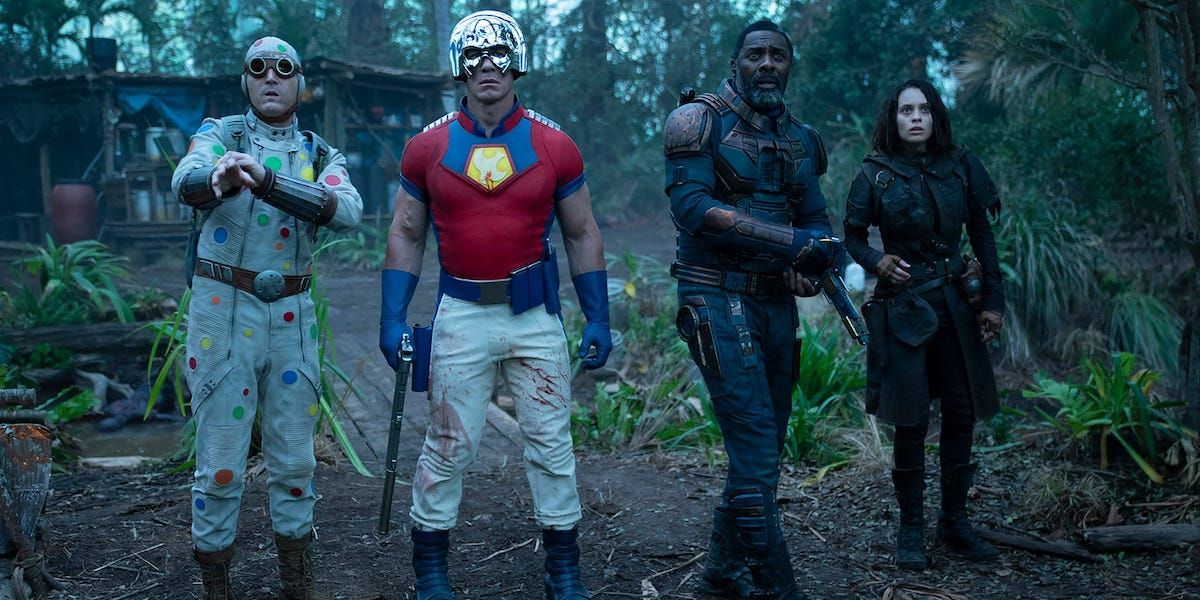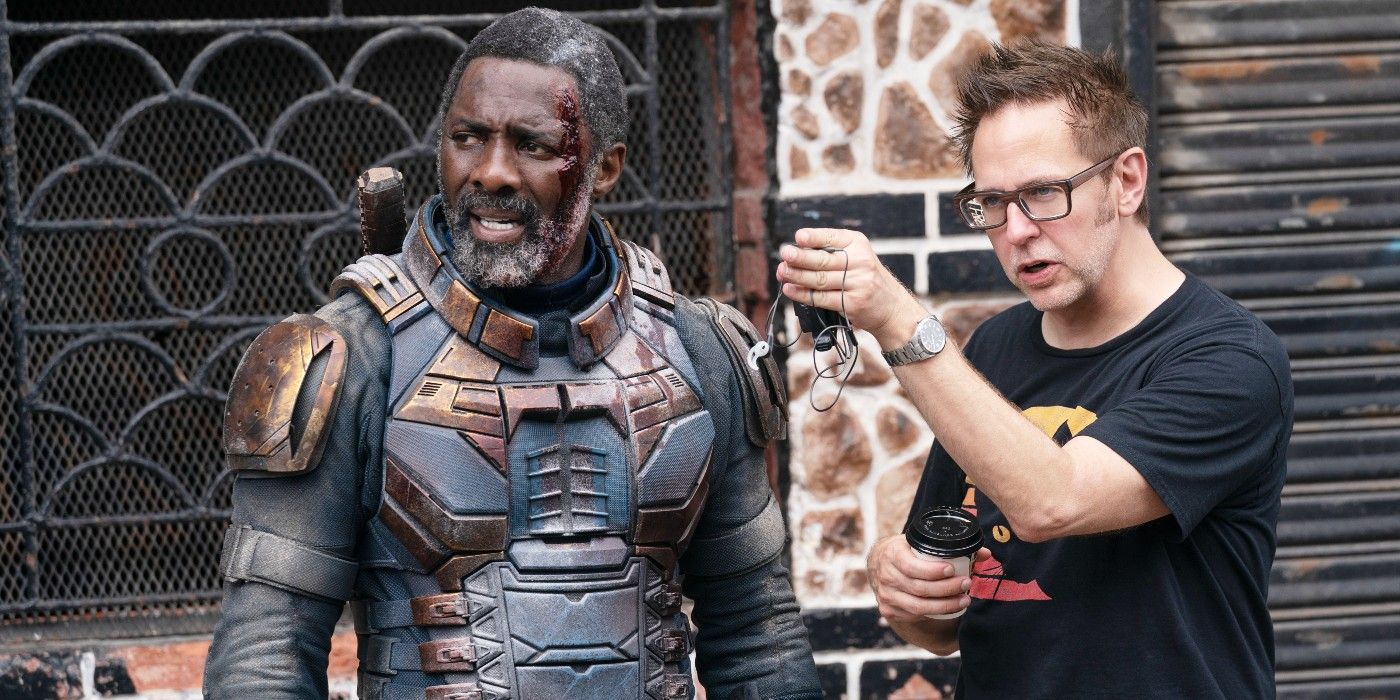
Currently, 2021's The Suicide Squad has the honor of being in the top three best-reviewed DC Extended Universe movies on Rotten Tomatoes, ranking just below Wonder Woman and right above Shazam!. However, at the bottom of the list sits its 2016 predecessor, Suicide Squad, which has claimed the title of the worst-reviewed movie in the entire DCEU to date. Even still, despite high praise from fans, James Gunn's critical darling couldn't best David Ayer's disappointing feature where ticket sales are concerned, though it did manage to smash the pandemic record for an R-rated film.
The 2016 Suicide Squad was the biggest domestic August opening for a movie on record, collecting a total of $133.7 million during its first weekend in theaters and grossing $746.8 million worldwide at the end of its run. In contrast, five years later and on the very same weekend, the 2021 standalone sequel The Suicide Squad fell short of its projected $30 million in estimated theatrical earnings, opening to a soft domestic total of $26.5 million. Moreover, internationally, it pulled in around $45.7 million, bringing The Suicide Squad's opening weekend total to $72.2 million worldwide, which is a little more than half the amount that the original made in its opening weekend domestically.

While The Suicide Squad marks the highest opening weekend for an R-rated movie during the pandemic, its overall box office performance was less than stellar for more than a few reasons outside of Covid-19. Since the movie was free to watch with a subscription for HBO Max the same day it opened in theaters, many potential cinema-goers decided to hang back and enjoy the feature from home. Indeed, the option to view the movie on HBO Max as soon as it was released in theaters played a significant role in why fans decided to stay in over the weekend and not layout their cash to see The Suicide Squad at the cinema.
Of course, considering many fans are choosing not to go out given the rise of the Delta variant, The Suicide Squad was never going to blow past the earnings of the original at the box office, but to solely blame Covid-19 for the DC property underperforming in theaters isn't wholly accurate. Although DCEU enthusiasts understandably decided that The Suicide Squad wasn't worth braving a potential infection to see Harley Quinn and Bloodsport kick butt on the big screen, the popcorn flick's underwhelming turnout at the box office could partially have something to do with the fact that critics universally blasted the first one. Some of The Suicide Squad's potential audience may have already felt burned by the vastly dissatisfying Suicide Squad from 2016 and were unwilling to take a chance on the second outing as a result.
Many fans and critics also contend that Will Smith not appearing in the standalone sequel could've negatively impacted ticket sales. with Jared Leto's controversial depiction of Batman's archnemesis, the Joker, aside, the absence of the Clown Prince of Crime in the 2021 movie most likely played a factor in The Suicide Squad not doing as well as it should have financially, considering that he's an undeniably popular character that people would pay top dollar to see on screen.

Another factor in The Suicide Squad not earning as much money compared to the 2016 movie is that The Suicide Squad has an R-rating, whereas the previous installment in the franchise was rated PG-13. Typically, films that are PG or PG-13 have larger audiences, so naturally, if more people can get tickets and attend without the aid of an adult chaperone, more money will be made in the process.
The reasons why The Suicide Squad underperformed at the box office are complicated, and to solely chalk up its lackluster opening weekend to rising infection rates wouldn't be accurate. Still, it does explain a significant disparity in ticket sales between a 2021 movie that received glowing reviews and a 2016 movie that received abysmal ones.
To see how James Gunn's newest film stacks up to its predecessor, The Suicide Squad is now in theaters and streaming on HBO Max.
0 Comments